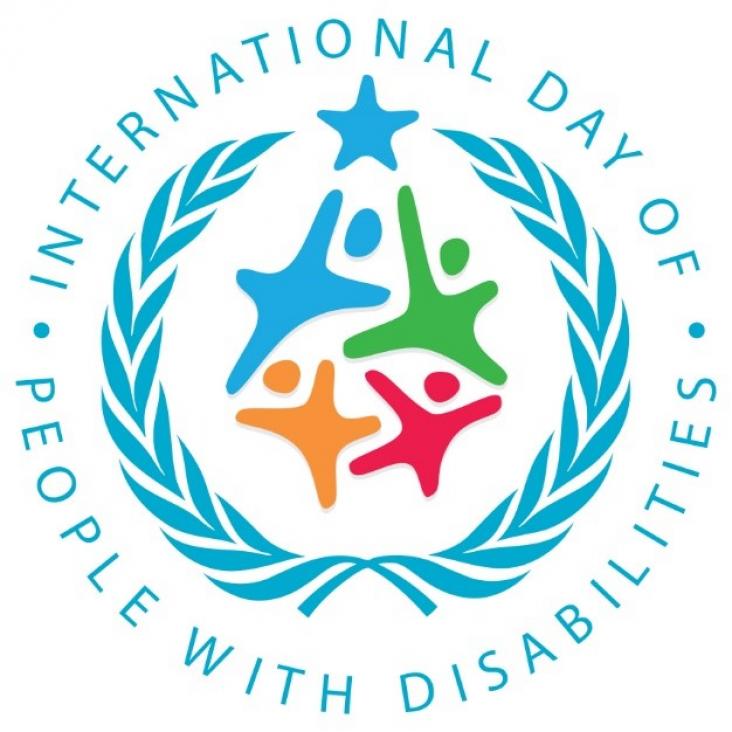MiRNA mouse models are emerging tools to study the protective and/or deleterious effects of miRNAs in human diseases. In the current study, miR-455-3p TG and KO models were successfully generated by using pronuclear injection of miR-455-3p transgene to mouse embryo and CRISPER/Cas9 knockout techniques.

"A diverse range of biochemical and cellular assays are used by medicinal chemists to guide compound optimization. The data collected from these assays influence decisions taken on structure-activity relationship (SAR) campaigns. Therefore, it is paramount that medicinal chemists have a solid understanding of the strengths and limitations of each assay being used to characterize synthesized analogs.
This Perspective Article takes a look at assays relevant to Gaucher, Pompei, Wolman, and Fabry disease, Duchenne muscular dystrophy, and Cystic Fibrosis."
This study explores the pathways from a nutrition-sensitive agriculture intervention to improved diets of women and young children. It also tests theoretical agriculture-to-nutrition pathways by comparing the authors' documented pathways with the pathways from the widely used TANDI (Tackling the Agriculture–Nutrition Disconnect in India) framework.
Gender norms also apply to the expectations around food and cooking. "I am a widow therefore I can cook: I am a widower therefore I need someone to cook for me" is unfounded.

December 3rd celebrates International Day of People with Disabilities. Together, we can fight for the rights of people with disabilities in the post-COVID era. Elsevier is proud to offer a free access special issue with over 50 book chapters and journal articles dedicated to fighting for the rights of people with disabilities in the post-COVID era.
An Article on the impact of the COVID-19 pandemic on the global prevalence of depressive and anxiety disorders in 2020, in the context of SDG 3, highlighting the need for mitigation strategies to promote mental wellbeing and target determinants of poor mental health.
Elsevier,
Hematology/Oncology Clinics of North America, Volume 35, Issue 6, December 2021, Pages 1181-1196
This content links with Goal 3: Good health and well-being and Goal 10: Reduced Inequalities by providing insights on rare coagulation factor deficiencies.
Climate change is both an important social determinant of health (SDH) and a worsening public health threat. Though a warming climate threatens everyone, pediatric populations are particularly vulnerable.
Elsevier,
Handbook on the Toxicology of Metals (Fifth Edition), Volume I: General Considerations, 2022, Pages 137-182
In this chapter, we review the relevant scientific literature providing insights on health-related effects caused by inhalation of particulate metals, and their potential causal pathways.

For International Day of Persons with Disabilities 2021, Stacy Masucci, publisher for bioscience and translational medicine at Elsevier speaks to Richard Mankin and Kate Nash about the challenges, barriers and opportunities for people who live with disabilities in the context of the global pandemic.
